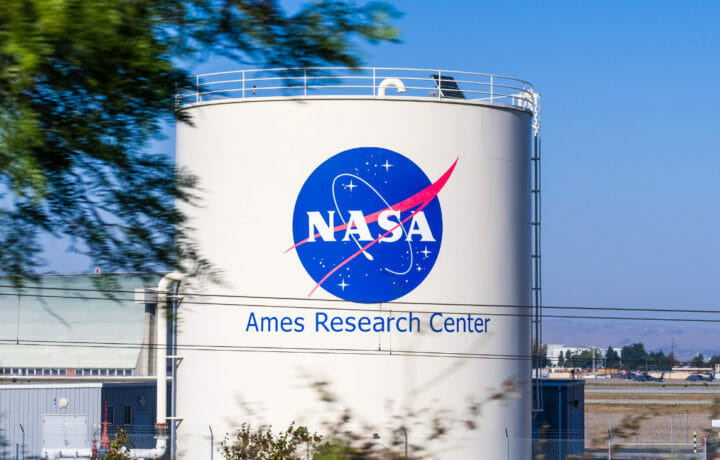Meet Meyya Meyyappan, one of Silicon Valley’s most distinguished engineers. As an innovator at NASA Ames Research Center, he was the chief scientist for Exploration Technology (2006-present), and he previously served as Director at the Center for Nanotechnology (2001-06). On January 13, Meyyappan pleaded guilty to making false statements concerning his participation in China’s Thousand Talents Program.
China’s desired to acquire advanced technologies is seemingly insatiable and the Thousand Talents Program is one avenue used globally to satisfy the Chinese requirements. China’s Thousand Talents Program ranked number five in the 2020 list of most important cases of espionage which targeted the United States.
Who is Meyyappan
Meyyappan is a naturalized U.S. citizen, originally from India where he obtained his B.S. in Chemical Engineering from Madras University. After that, he acquired his M.S. from Ashton University and his Ph.D. from Clarkson University. He has been employed at NASA since 1996. As an employee of NASA, he fell under the China Exclusion Policy which prohibited research programs funded with appropriated funds to enter into any agreements or collaboration with China, Chinese companies, or Chinese universities. Meyyappan is a stalwart in the nanotechnology world, having co-authored more than 320 peer-reviewed articles for journals and an often invited global speaker on the topic.
The quadruple dip – NASA, China, South Korea, and Japan
One cannot deny the industriousness of Meyyappan. He entered into an undisclosed relationships with a Chinese university via the Thousand Talent Program (2016-2020). He also entered into relationships with entities in Japan (2013-2020) and South Korea (2009-2020). Open-source research shows us that the South Korean relationship was with Postech, a division of IT Convergence Engineering where he held the title of “Distinguished Visiting Professor.”
Outside activities and financial disclosures
NASA required Meyyappan to file a financial disclosure report on an annual basis, which he did. He omitted this relationships in China, Japan, and South Korea from those submissions. Furthermore, as a government employee, outside employment requires the filing of an outside activity report, which must be reviewed for appropriateness. Meyyappan failed to file such a request, opting instead to keep his relationships private. Some might opine, covert.
NASA OIG Special Agent in Charge Mark J. Zielinski said, “Certain NASA employees are required to disclose affiliations with foreign entities in order to protect NASA’s intellectual property. Failure to do so could allow malicious foreign actors unauthorized access to American taxpayer funded technologies.
Meyyappan guilty
When braced during an interview in October 2020 with the FBI, NASA OIG, and the USAO, Meyyappan made false statements to the investigators and denied any outside activities in China, South Korea, or Japan. These false statements would, in the end, be the hook by which the counterintelligence efforts resulted in Meyyappan being neutralized as a conduit of knowledge to foreign entities.
On January 13, Meyyappan pleaded guilty to making false statement and awaits sentencing on June 16, 2021. He faces up to five years in prison and a $250,000 fine.




